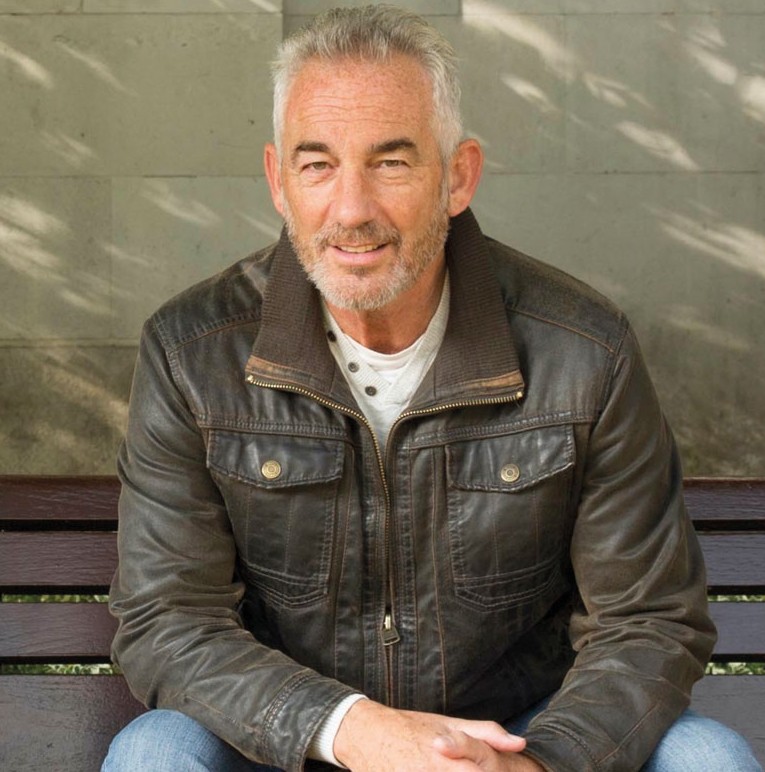

The Future Says this is just the start
Sustainable prosperity
In a world of finite resources, how can we achieve wealth, health and prosperity for all? We’re working on solutions…
What’s the problem?
The consensus on climate change and biodiversity loss is that overconsumption of the planet’s natural resources is curtailing the lifespan of our species – and that of everything else. Our seemingly endless appetite exacerbates climate change, increases air pollution, and leads to the exhaustion of fertile land, fresh water reserves, fish stocks and forests.

The statistics are not pleasant reading:
- On average, the world’s richest countries consume 10 times more material resources than the poorest.
- North America and Europe have by far the biggest materials consumption footprints.
- If everyone consumed like the average US citizen, we’d need four Earths to sustain ourselves.
What we’re trying to do
“The strange thing about consumer capitalism is that it promises us happiness,” says Professor Tim Jackson, the director of our Centre for the Understanding of Sustainable Prosperity (CUSP). “But it relies on us remaining continually unsatisfied – and destroys the planet in the process.
“The economic models we’ve developed at CUSP help identify how we can achieve full employment, financial stability and social equality even as the growth rate declines.
“Contrary to popular belief, a post-growth economy doesn’t have to reduce our quality of life. Low growth rates do not automatically lead to rising inequality. There is a ‘sweet spot’ of economic activities which has high social value, low environmental impact and the potential to create jobs.”
The work of CUSP champions and researches this approach. Collaborating with an international network of academic and non-academic partners, it promotes a fairer and more sustainable world for everyone.
Who’s involved?
CUSP is funded by the UK Economic and Social Research Council and acts as the secretariat for the UK All-Parliamentary Group on Limits to Growth. Collaborating organisations include:
- COP26 Universities Network
- European Association of Development Research and Training Institutes
- Green Economy Coalition
- UK Stakeholders for Sustainable Development
- Wellbeing Economy Alliance
- World Future Council

Professor Tim Jackson
Tim is an ecological economist, Professor of Sustainable Development and Director of CUSP. In a 30-year career, he has advised the UK Government, the United Nations, the European Commission and many other organisations about achieving prosperity while protecting Earth and its finite resources. He is also the author of Prosperity without Growth: Foundations for the Economy of Tomorrow (2017) and Post Growth: Life after Capitalism (2021).
Photo: Fernando Manoso-Borgas
Why we need your help
If we want to achieve net zero carbon emissions by 2050, we need to ensure we grow in a way that protects our planet, our species – and everything else.
CUSP is an internationally acclaimed organisation whose work is respected across the globe. It is positioned to present research that reinforces the case for sustainable prosperity to individuals, public sector organisations and government departments.
Recently, CUSP has taken a lead role in the Rebuilding Macroeconomics network, a research initiative funded by the UK’s Economic and Social Research Council, and the international CYCLES project. The latter aims to understand the lifestyles and aspirations of young people living in cities. The goal: to identify and share young urban experiences and ideas for living well within environmental limits.
Other research includes:
- Investigating the psychology of wellbeing and materialism.
- Using theatre as an engagement tool.
- Developing a tool kit for schools to educate young people about sustainability.
From governments to classrooms, the work of CUSP can make a difference. And you can help make that happen.

In the wake of the global pandemic and with the threat of global warming hanging over us, there’s never been a better time to shape a fairer, greener society which allows people to flourish within ecological limits.